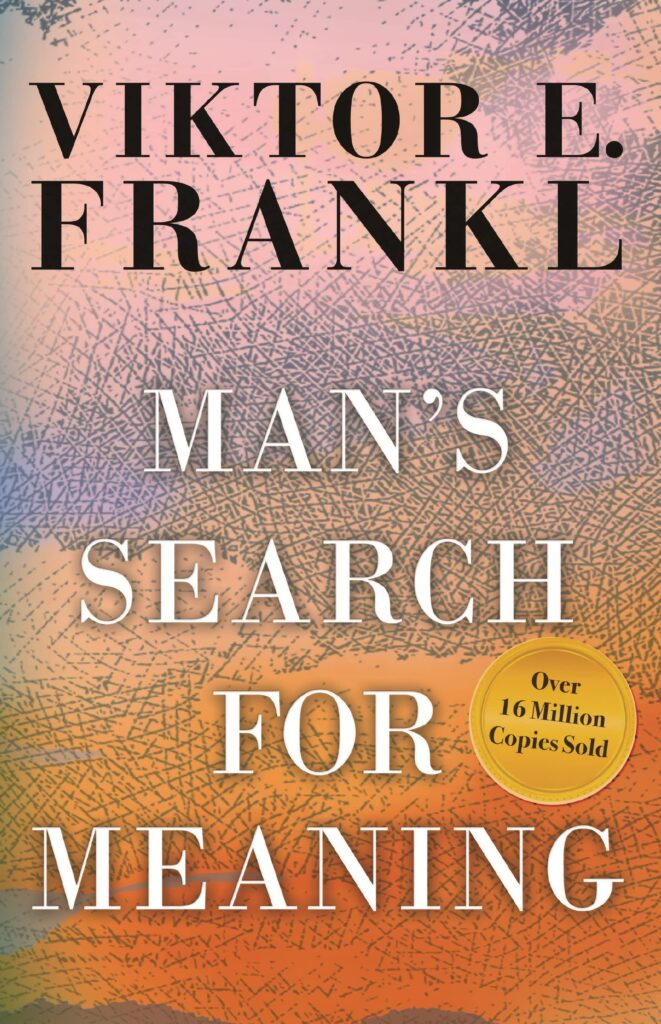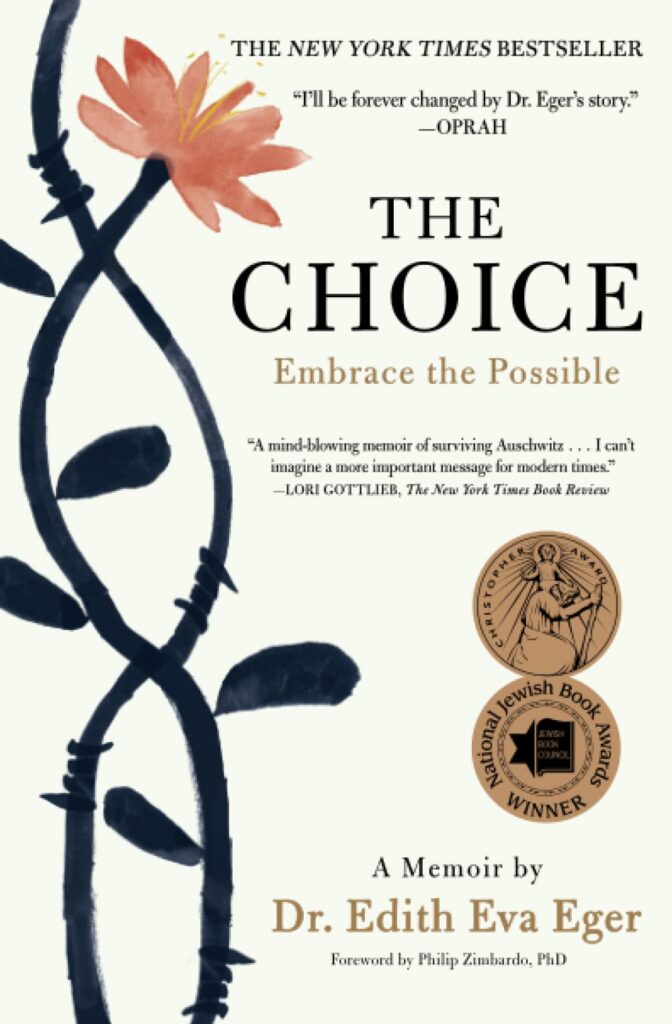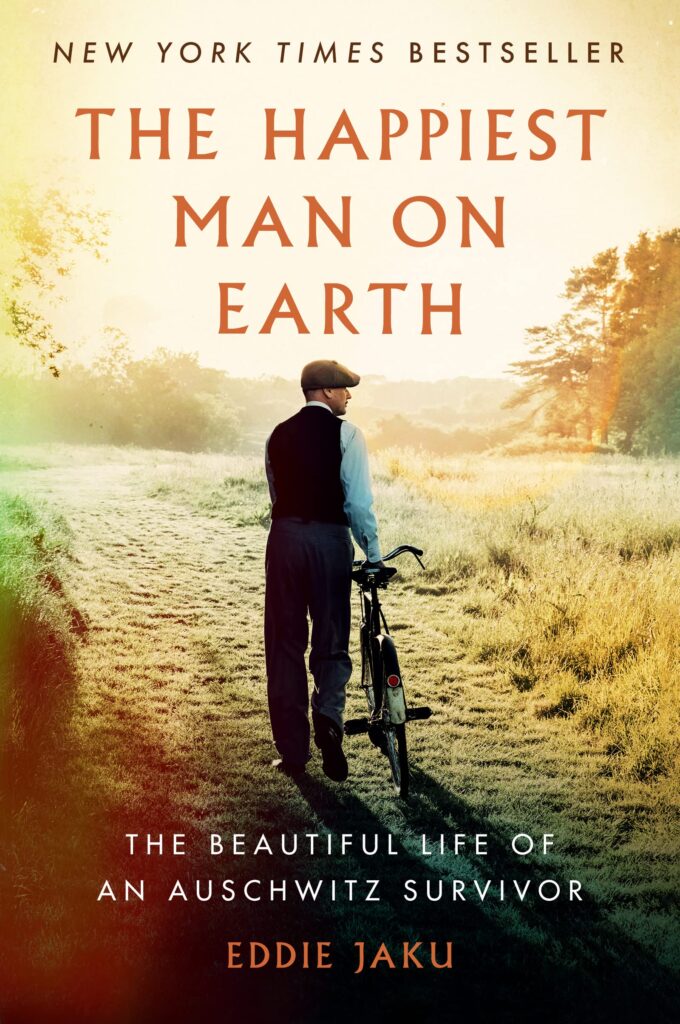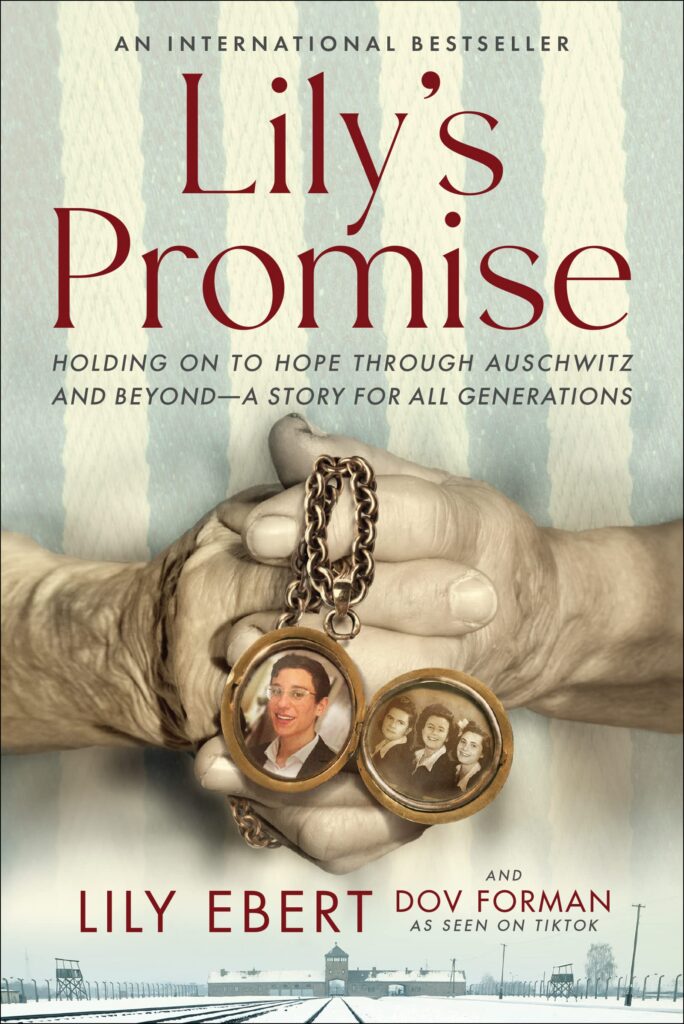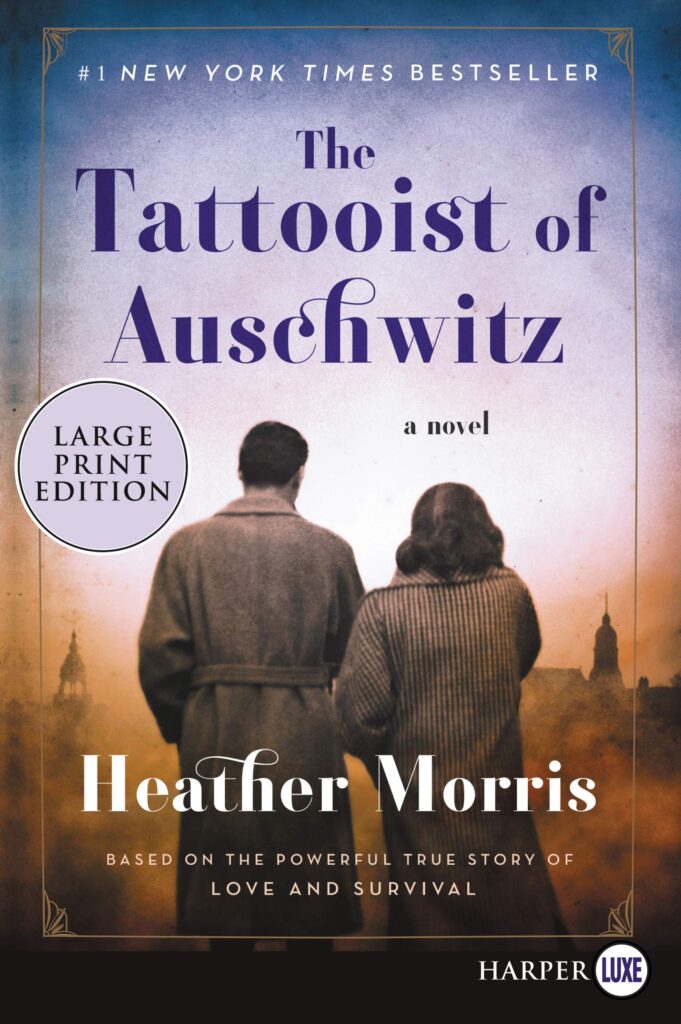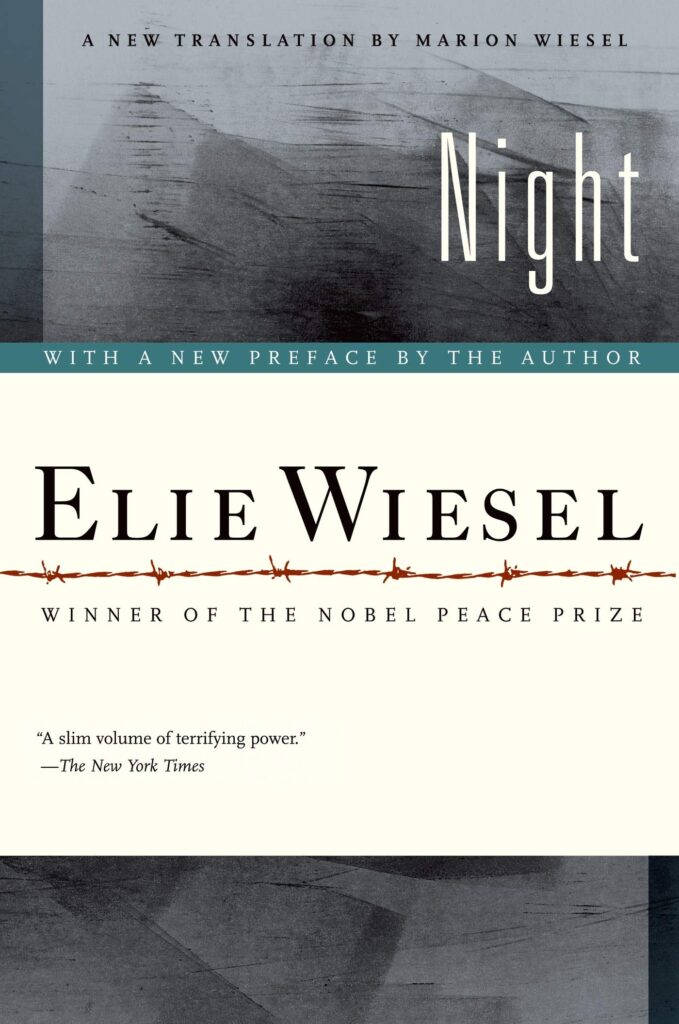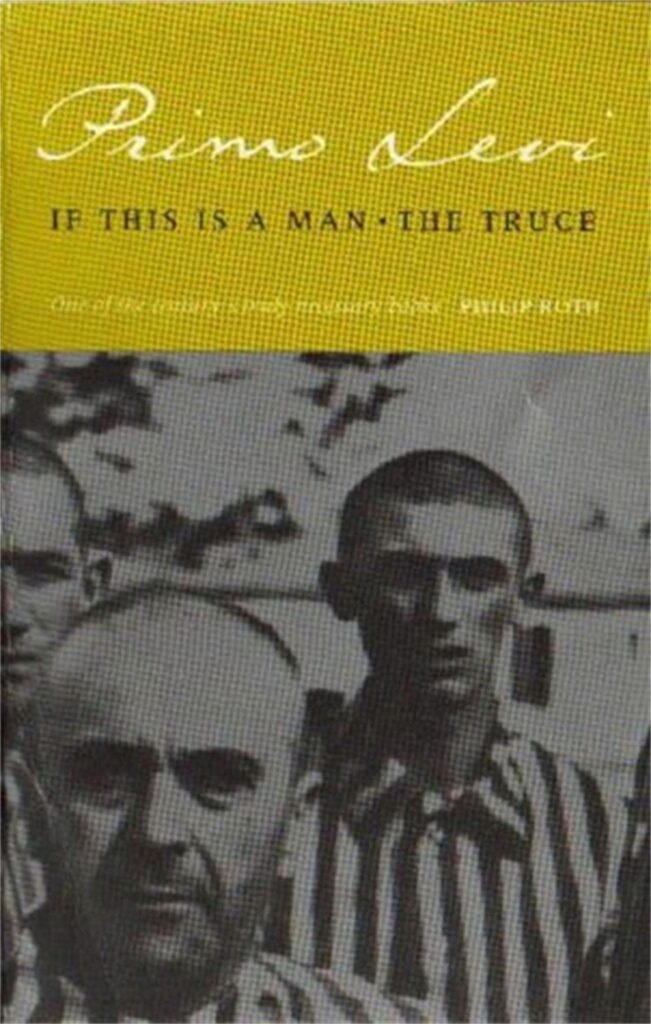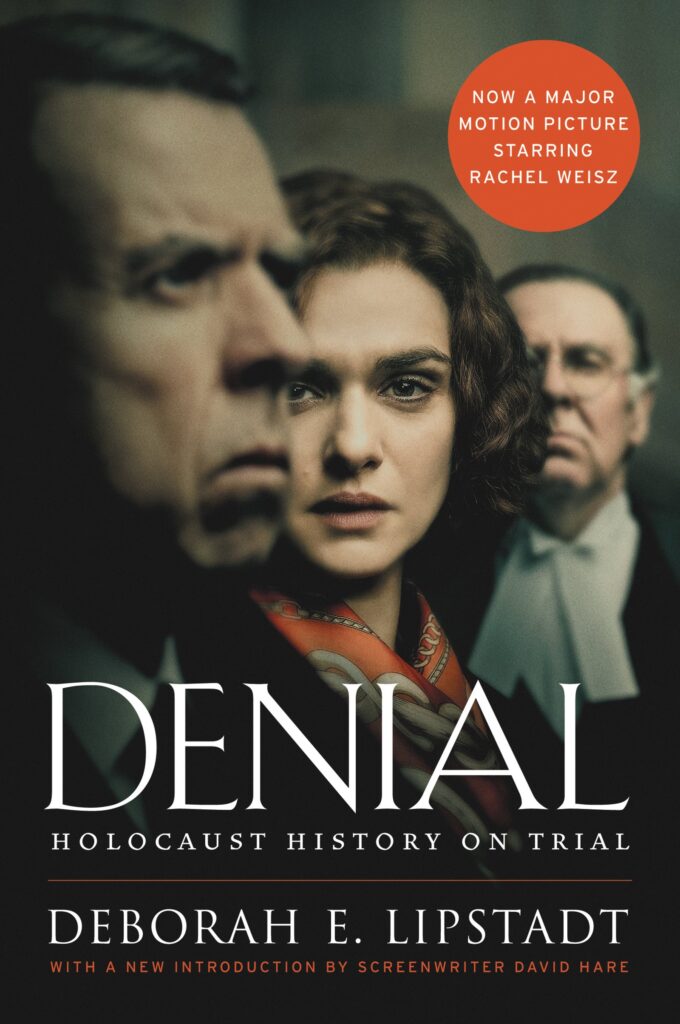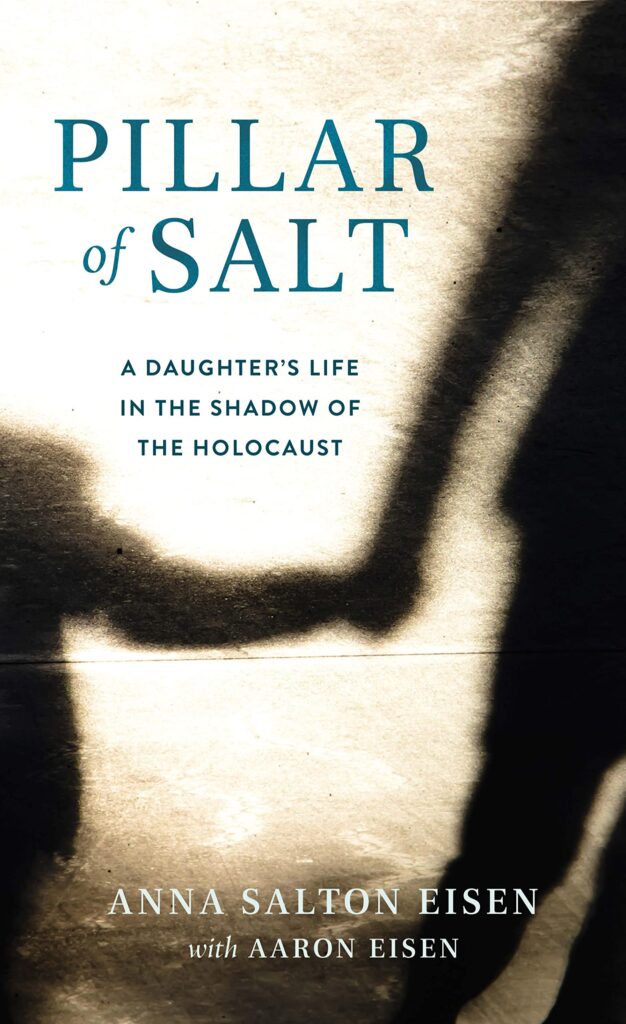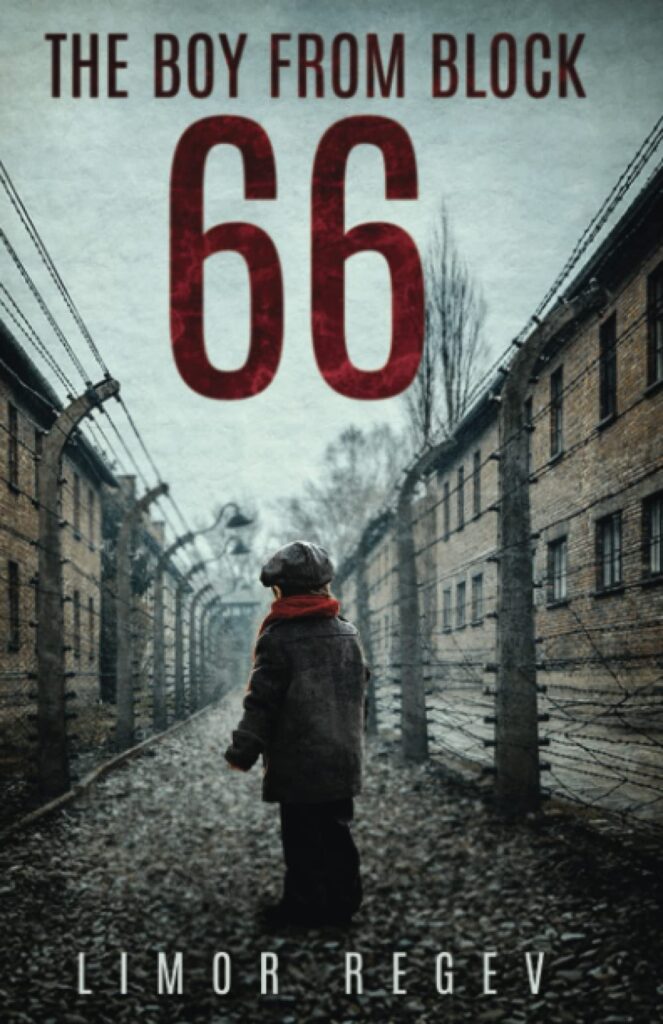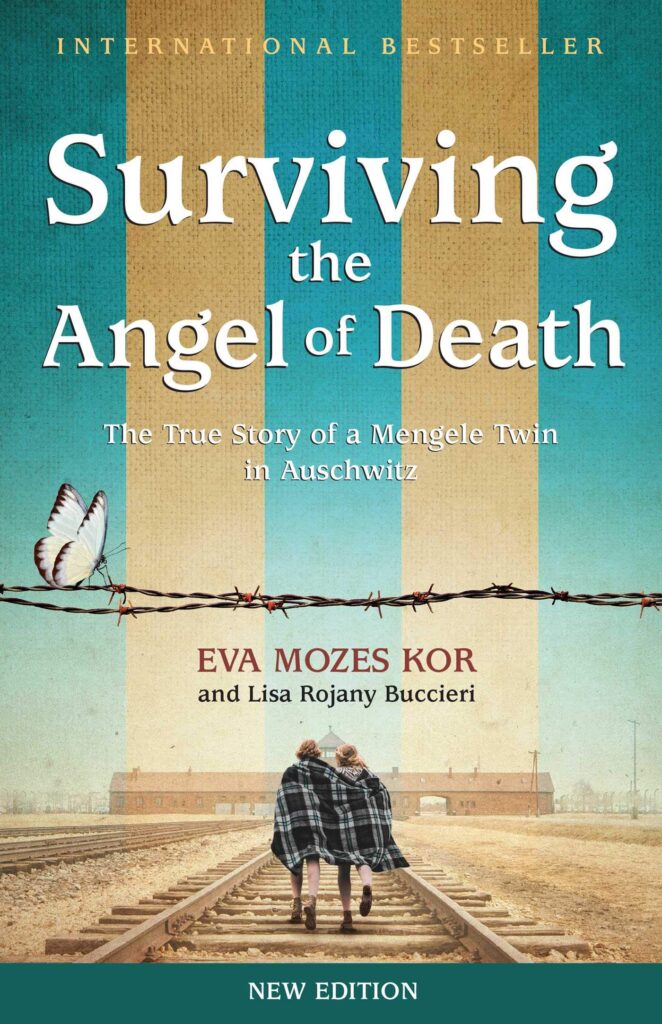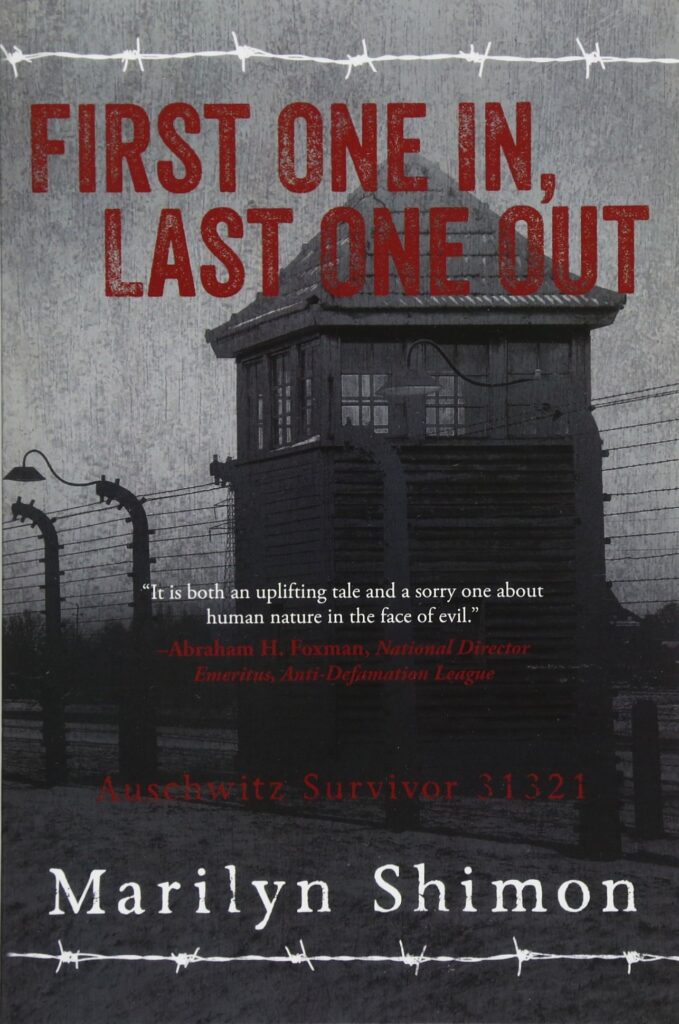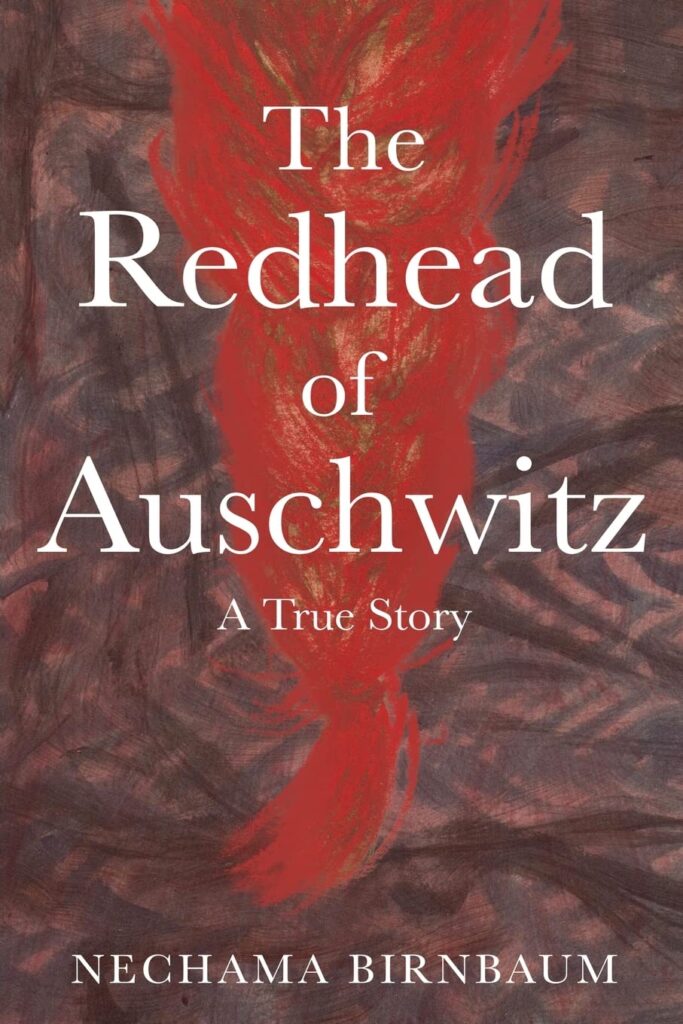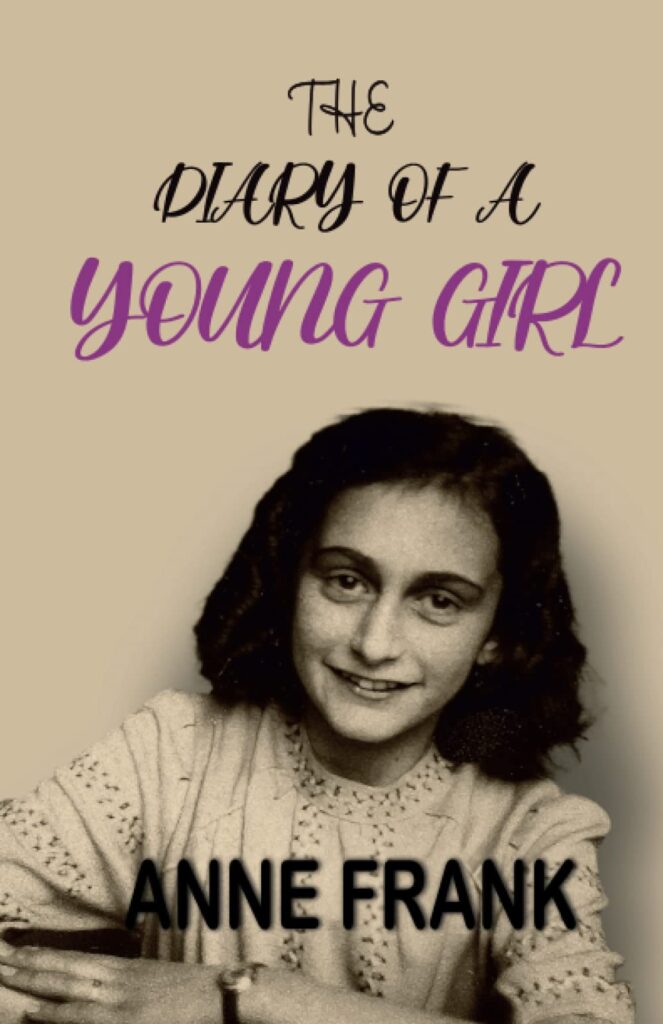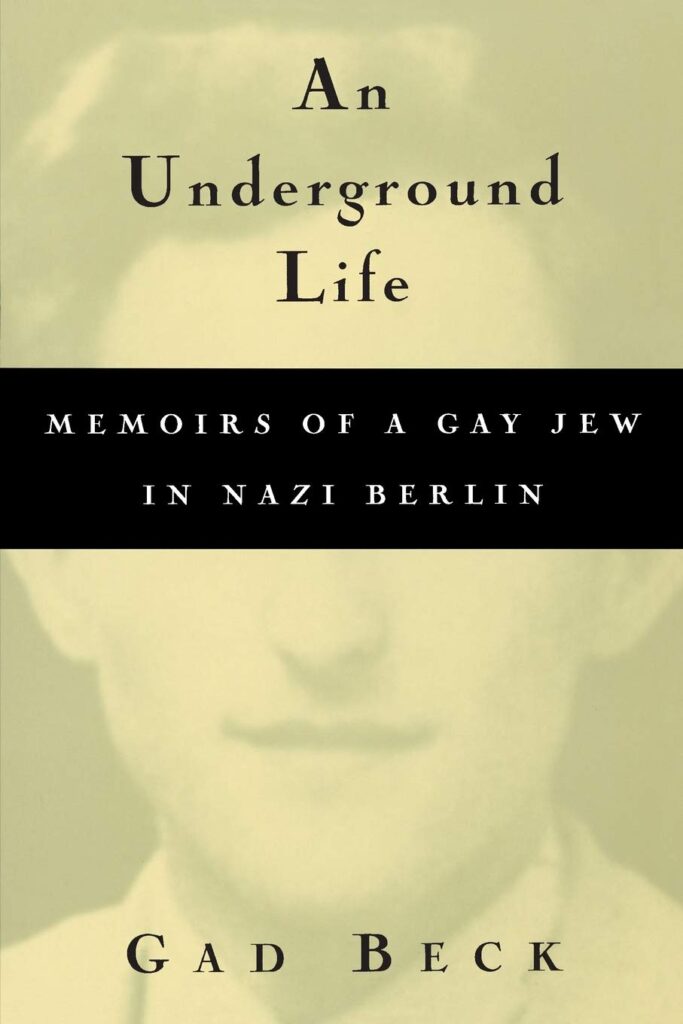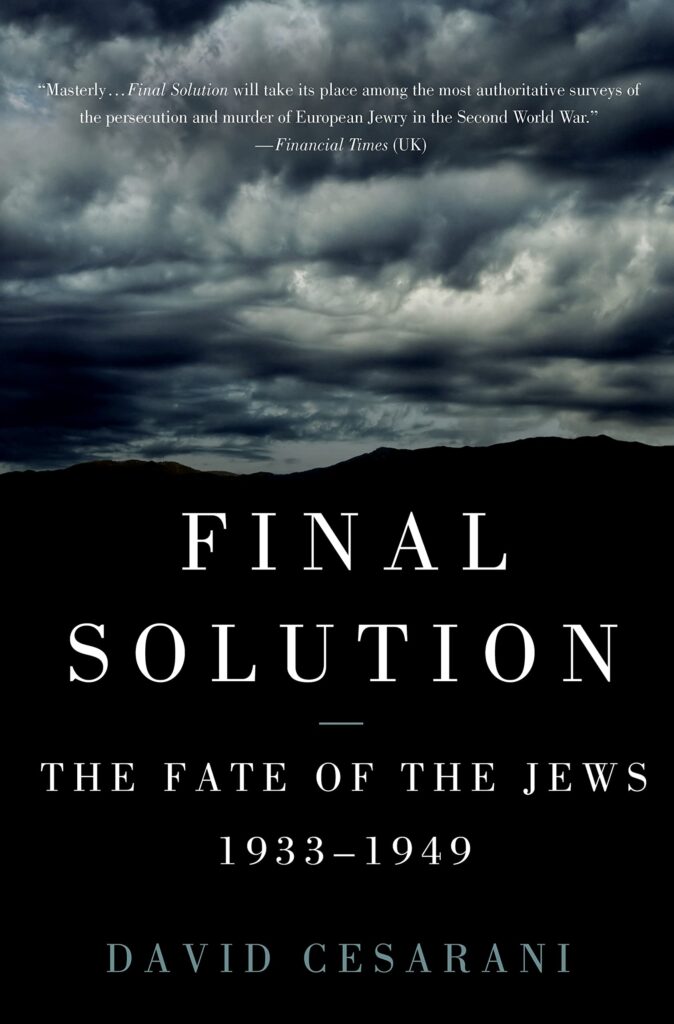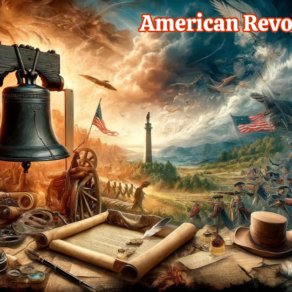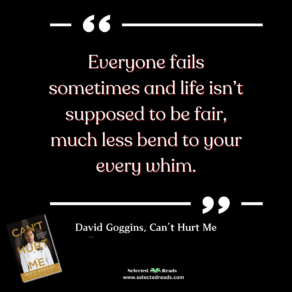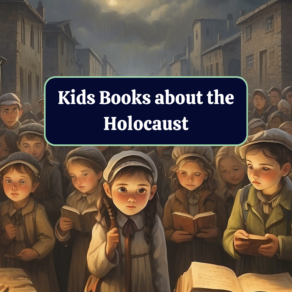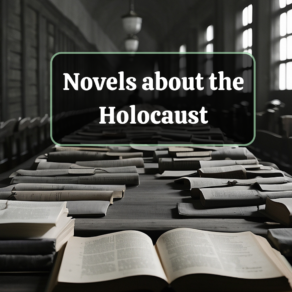The Holocaust will always remain an indelible stain in the history of humanity. The amount of pain and suffering this tragic event caused throughout the world is mind-boggling. Did we learn anything from history? Not much, if any.
Humanity has never been this technologically developed. Artificial intelligence and ChatGPT are reshaping the world in unprecedented ways but wars are still raging in many parts of the globe. People are still being murdered for ideological and racial causes. Powerful countries still invade weak countries for mere ideological reasons.
So, no the Holocaust did not seem to have taught humanity a lot. That being said, I am still hopeful that the next generations will have more peace and prosperity and that nations will co-exist peacefully and in total respect of the territorial sovereignty of each other.
The work starts with our kids and students. We need to explicitly teach them about the atrocities of those dark times. They need to learn what happened and why. As an educator, I took it upon myself to dedicate a sizeable section here in Selected Reads to books that cover those major historical catastrophes that have shaped our sense of who we are as human beings.
In this regard, I debuted a series on the Holocaust. The purpose is to provide readers with carefully vetted resources to help them learn more about this dark period in history and gain a deeper understanding of its impact on the world.
The Holocaust series has covered:
- Best Holocaust books for kids
- Best books about Auschwitz concentration camp
- Best Holocaust memoirs
- Best novels about the Holocaust
In today’s post, I am sharing this equally importance resource featuring some of very good nonfiction books on the Holocaust. To help compile this list, I consulted several reputable sources dedicated to Holocaust education including Jewish book council, Yada Vashem: The World Holocaust Remembrance Center, the United States Holocaust Memorial Museum, and several other sources (see the bottom of this post). This is no whimsical list! It is the fruit of several hours of hard work. I hope you find it helpful.
Books about the Holocaust
Here are some of the best nonfiction books about the Holocaust:
1. Man’s Search for Meaning, by Viktor E. Frankl
In Man’s Search for Meaning, Viktor E. Frankl explores the human drive to find meaning in life in spite of the worst adversity. He argues that it is not pleasure that is the primary human drive, but rather the discovery and pursuit of what an individual finds meaningful.
The book has sold over sixteen million copies and been translated into more than fifty languages, making it one of the best biographies ever written. It is a testament to the power of resilience and determination in the face of adversity that continues to inspire generations today.
2. The Choice: Embrace the Possible, by Dr. Edith Eva Eger
Dr. Edith Eva Eger’s book, The Choice: Embrace the Possible, is a life-changing story of her personal journey that offers hope and comfort to generations of readers. At the age of sixteen, Edith was sent to Auschwitz, where Nazi officer Dr. Josef Mengele forced her to dance for his amusement and her survival.
Despite being liberated by American troops, Edith suffered from survivor’s guilt and struggled to cope with the horrors of the war for decades until she returned to Auschwitz thirty-five years after it ended.
In her book, Dr. Eger shares how we can become imprisoned in our own minds and ultimately find the key to freedom. By examining her own experiences and those of others, she provides insightful advice on how to heal and forgive the past. Edith’s inspiring story encourages readers to embrace the possible, despite difficult circumstances, and find their own way out of the darkness.
3. The Happiest Man on Earth, by Eddie Jaku
In The Happiest Man on Earth: The Beautiful Life of an Auschwitz Survivor, Eddie Jaku recounts his journey of survival and resilience during the Nazi regime. Born in Leipzig, Germany, Eddie was a teenager when his world was turned upside-down during Kristallnacht. He was beaten by SS thugs, arrested and sent to a concentration camp with thousands of other Jews.
For the next seven years, Eddie faced unimaginable horrors in Buchenwald, Auschwitz, and finally on a death march during Hitler’s final days. Despite all he endured, Eddie found the will to survive and decided that every day would be an opportunity to thank God for his precious gift of life.
4. Lily’s Promise, by Lily Ebert, Dov Forman
Lily Ebert is a remarkable 98-year-old woman and recent TikTok sensation whose experiences as a prisoner in the Auschwitz concentration camp during World War II are recounted in her memoir, Lily’s Promise.
In it, she writes about her happy childhood in Hungary and the horror of arriving in Auschwitz with her mother and siblings—two of whom perished soon after.
She also describes her determination to keep her two remaining sisters safe during their time there, as well as the inhumanity that she experienced at the camp.
Lily was able to build a new life for herself and family after surviving Auschwitz, first in Israel and then in London. Her story is a powerful reminder of the strength of the human spirit, even when faced with unimaginable hardship.
5. The Tattooist of Auschwitz: A Novel, by Heather Morris
The Tattooist of Auschwitz, by Heather Morris, is a powerful and moving story about the Holocaust. It tells the story of Lale Sokolov, a Slovakian Jew who is sent to the concentration camps at Auschwitz-Birkenau in April 1942.
There, he is put to work as a Tätowierer, tasked with permanently marking his fellow prisoners. In the midst of horror and despair, Lale finds love with a woman named Gita, and they vow to survive the camp together.
6. Still Alive, by Ruth Kluger
Still Alive: A Holocaust Girlhood Remembered, by Ruth Kluger is the story of her childhood during Nazi-era Europe. At age eleven, she and her mother were deported to Theresienstadt concentration camp, the first of many. Her memoir is full of blunt observations and reflections on her life experiences in the Holocaust as a child.
She speaks to the difficulties of her relationship with her mother, and the kindness demonstrated by a woman SS aide in Auschwitz. Ruth Kluger also reflects on the prejudices she faced when she and her mother arrived as refugees in New York.
7. Night, by Elie Wiesel
Night by Elie Wiesel is an autobiographical account of his survival as a teenager during the Nazi genocide in World War II. This powerful story explores not only the physical horrors and terrors endured by Wiesel and others at Auschwitz and Buchenwald but also examines the more abstract implications of such atrocities. Throughout his memoir, he reflects on the consequences of human suffering and what it means to be a survivor.
He struggles with his faith in God, questioning why such evil can exist in the world. Wiesel’s memoir is not only an account of personal struggle but also a powerful statement on the capacity of humans for inhumanity to one another.
8. If This Is a Man and The Truce, by Primo Levi
Primo Levi was an unassuming, 20th century chemist whose works stand out as a testament to his moral fortitude and intellectual power. He wrote two distinct works, If This Is a Man and The Truce, both of which detail the horrors he experienced in Nazi concentration camps during World War II.
In these works, he not only remembers the brutality of these camps, but also reflects on what made life both beautiful and bearable in such a seemingly hopeless situation. His writing style is both direct and unassuming, allowing his readers to truly experience the events he describes.
Levi was an incredibly beloved man who had an appreciation of the smallest human moments as well as those that were the most despicable. His legacy is one of strength and courage, as well as a deep understanding of the human condition. He serves as an inspiration to those who seek to cope with the tragedy that life sometimes brings.
9. Denial: Holocaust History on Trial, by Deborah E. Lipstadt
In Denial: Holocaust History on Trial, Deborah E. Lipstadt recounts her experience of a historic libel trial against British historian David Irving. Following the publication of her 1993 book, Denying the Holocaust, Irving took legal action and accused Lipstadt of libel.
To prepare for the case, Lipstadt assembled a formidable team of solicitors, historians, and experts to argue her case in court. As the trial unfolded, it became a worldwide sensation, with major newspapers like The Times (UK) proclaiming Lipstadt’s victory and decrying Irving as a Holocaust denier.
10. 999: The Extraordinary Young Women of the First Official Jewish Transport to Auschwitz, by Heather Dune Macadam
999: The Extraordinary Young Women of the First Official Jewish Transport to Auschwitz, by Heather Dune Macadam tells the story of nearly a thousand young Jewish women from Poprad, Slovakia who were sent to Auschwitz on March 25, 1942. Believing they were going to work in a factory for a few months, these women left their homes with their best clothes and hopes for a bright future.
But, what awaited them was something entirely different. Through extensive research, interviews with survivors, and consulting with historians, witnesses, and relatives of those first deportees, Macadam paints a vivid picture of life in the camps from the perspective of these young women.
11. Pillar of Salt: A Daughter’s Life in the Shadow of the Holocaust, by Anna Salton Eisen, Aaron Eisen
In Pillar of Salt: A Daughter’s Life in the Shadow of the Holocaust, Anna Salton Eisen recounts her experiences as a second-hand witness to the Holocaust, embarking on a journey with her family through Poland to unlock the history sealed in silence and buried by time.
Anna strives to confront the unspoken terrors of the past, and by journeying to the places of her parents’ trauma, she acquires a new understanding of how trauma is revisited upon subsequent generations.
Anna’s story provides an essential testimony that is deeply personal yet shockingly universal. It chronicles the legacy of survivors for whom terror and grief remain part of their daily existence and encourages us all to reckon with the horrors of the past in order to find renewal and healing.
12. The Boy From Block 66, by Limor Regev
The Boy from Block 66 by Limor Regev is an inspiring true story about a 14-year-old boy, Moshe Kessler, and his journey during the Holocaust. He is transported to Buchenwald concentration camp after enduring the inhumane conditions of Auschwitz-Birkenau and a death march across Europe during the freezing winter. He quickly learns that the only way to survive is to get to Block 66, a secret resistance group determined to protect the camp’s children.
The book follows Moshe as he navigates the horrors of Buchenwald and experiences life in Block 66. From battles against the Germans, friendships forged out of tragedy, and moments of extreme courage, Moshe’s story is an inspiring tale of strength and resilience. Through his journey, he has to overcome immense pain and suffering in order to reach freedom.
13. The Holocaust: A New History, by Laurence Rees
The Holocaust: A New History, by Laurence Rees, is a sweeping history of one of the most tragic events in human history. Drawing upon the testimony of survivors and perpetrators alike, Rees explores how and why the Nazi regime was able to perpetrate such unconscionable acts with horrific efficiency.
He argues that hatred of the Jews was the motivating force behind Nazi actions, but that this alone cannot explain what happened. Rees also shows how a series of escalations led to the Holocaust and how Hitler’s leadership was only part of the story — ultimately, many were responsible for allowing it to happen.
14. Surviving the Angel of Death, by Eva Mozes Kor, Lisa Rojany Buccieri
Surviving the Angel of Death, by Eva Mozes Kor and Lisa Rojany Buccieri is the powerful true story of Eva Mozes Kor, who was only ten years old when she arrived at Auschwitz. Eva and her twin sister Miriam were subjected to cruel medical experiments under the supervision of Dr.
Josef Mengele, the notorious “Angel of Death” known for his cruel and inhumane treatment of prisoners. Eva and her sister were determined to survive, despite the horrible conditions they endured during their imprisonment at Auschwitz.
15. First One In, Last One Out: Auschwitz Survivor 31321, by Marilyn Shimon
First One In, Last One Out by Marilyn Shimon, is an emotionally powerful memoir of one man’s experiences during the Holocaust. Murray Scheinberg was one of the first eight men to enter Auschwitz in 1940, and one of the last to escape Dachau.
Through vivid and harrowing accounts, Marilyn Shimon recounts her uncle’s stories of survival, his courage and will to live in the face of unimaginable horrors, as well as the degradation that was imposed on Jews all over Europe.
This story brings to light many forgotten details, including Murray’s strength and determination despite experiencing great suffering at the hands of Nazi brutality.
16. How Could This Happen: Explaining the Holocaust, by Dan McMillan
In How Could This Happen: Explaining the Holocaust, Dan McMillan provides an in-depth synthesis of the various causes that led to the tragic genocide. He argues that a combination of factors contributed to this atrocity, from Germany’s delayed democracy and widespread acceptance of anti-Semitism and scientific racism to the effects of World War I.
McMillan explains how the war intensified political divisions, lowered the value of human life and created a perfect storm of circumstances that allowed thousands of Germans to carry out this genocide while millions watched in cold indifference. By illuminating these dark corners of history, McMillan hopes to provide readers with an understanding of what happened so it will never happen again.
17. The Redhead of Auschwitz: A True Story, by Nechama Birnbaum
The Redhead of Auschwitz by Nechama Birnbaum, is a powerful biography about a young girl named Rosie who was forced out of her home in 1944 and sent to Auschwitz.
Despite the odds stacked against her, Rosie summoned all of her courage and strength to survive death camps and death marches with the hope of one day seeing her family again.
This inspiring story not only tells of Rosie’s courage, but it also celebrates the strength of the human spirit and belief in oneself no matter what obstacles are faced. It reveals the intricacies of the Jewish culture and how love, faith, and resilience can triumph over hatred and despair.
18. The Diary of a Young Girl, by Anne Frank
The Diary of a Young Girl, by Anne Frank is an incredibly powerful account of the Nazi occupation in Amsterdam. Written as a diary, it chronicles the life of Anne Frank, a thirteen-year old Jewish girl who was forced to go into hiding.
The diary details her close relationship with her father, the lack of daughterly love for her mother, admiration for her sister’s intelligence and closeness with her friend Peter. She also reveals the struggles of the eight people living in hiding, including hunger, anxiety of discovery and other horrors associated with the Nazi occupation.
Anne Frank’s diary offers a compelling self-portrait of a sensitive and spirited young woman who grows wise as she faces increasing hardship. Her account of these experiences is an incredible testimony to the strength and courage of the human spirit in the face of extreme adversity.
19. An Underground Life: Memoirs of a Gay Jew in Nazi Berlin, by Gad Beck, Frank Heibert
Gad Beck’s memoir, An Underground Life: Memoirs of a Gay Jew in Nazi Berlin, is an incredible story of survival against insurmountable odds. During the Holocaust, as a teenager in Nazi Berlin and a homosexual Jew, Gad Beck was forced to hide from the Gestapo and live his life in secret.
He found solace and comfort in the underground resistance movement. Despite the ever-present danger, Gad Beck managed to remain positive and carry on—even falling in love with a young Christian man.
Gad Beck’s memoir gives readers an incredibly intimate look into the life of a gay Jew in Nazi Germany, providing them with insight into the remarkable human capacity for courage and love even in the darkest of times.
20. Final Solution: The Fate of the Jews 1933-1949, by David Cesarani
David Cesarani’ s Final Solution is a comprehensive retelling of the Jewish experience in Nazi Germany and beyond. Drawing from newly available sources such as Soviet archives, declassified intelligence service records, and diaries and reports written in concentration camps, Cesarani provides an authoritative challenge to the conventional wisdom about why and how the Nazis implemented their anti-Jewish policies.
He holds that the persecution of Jews was not necessarily a top priority for Nazi Germany, nor was it inevitable. In his view, war created a crisis of resources that forced German officials to take extreme measures against Jews.
Cesarani also refutes popular notions about the role of deportation trains in the Holocaust and reveals the full extent of sexual violence and abuse suffered by Jewish women. It is a work that illuminates the heroism of a people struggling against unfathomable odds—a fitting testament to their memory.
Final thoughts
In concluding this extensive journey through the literature on the Holocaust, it’s clear that while humanity has made leaps in technological advancement, the lessons from this dark chapter remain only partially learned. The echoes of the past still reverberate in today’s conflicts, reminding us of the urgent need to educate and remember. This series of posts, culminating with a selection of the best nonfiction books about the Holocaust, aims not just to inform but to instigate a deeper understanding and reflection on the consequences of hatred, prejudice, and indifference.
Each book listed serves as a testament to the resilience of the human spirit, the complexity of human morality, and the importance of memory in shaping a more compassionate future. From Viktor E. Frankl’s exploration of finding meaning amidst suffering to the poignant recollections of survivors like Edith Eger and Elie Wiesel, these works provide invaluable insights into the depths of human depravity and the heights of resilience.




